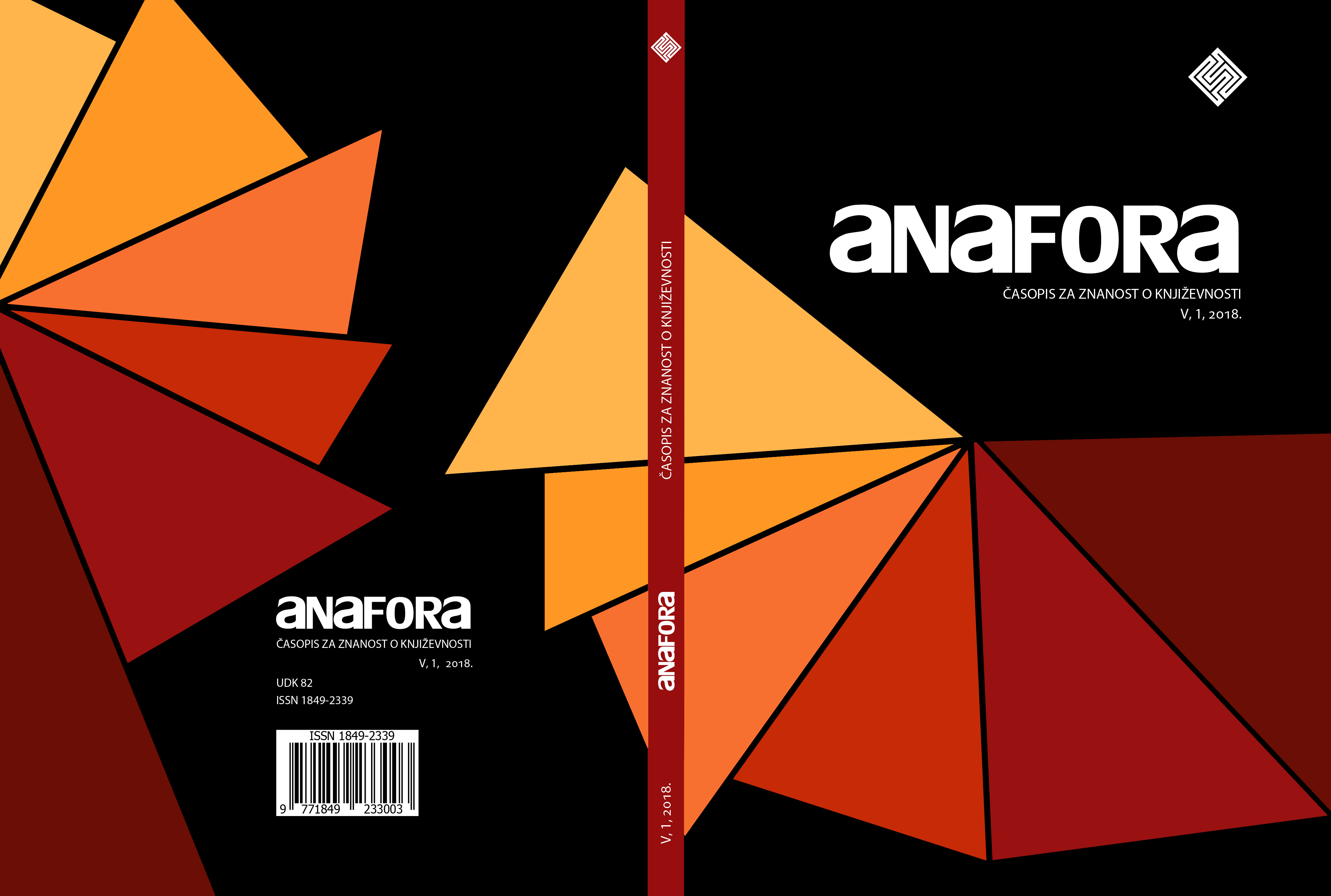Dasein’s “Potentiality-for-Being“ in a Wasteland: The Case of Auster’s In the Country of Last Things
Dasein’s “Potentiality-for-Being“ in a Wasteland: The Case of Auster’s In the Country of Last Things
Author(s): Mohammad-Javad Haj’jari, Nasser Maleki, Noorbakhsh HootiSubject(s): Philosophy, Language and Literature Studies, Comparative Study of Literature, Existentialism
Published by: Filozofski fakultet, Sveučilište Josipa Jurja Strossmayera, Osijek
Keywords: Auster; authenticity; Dasein; Heidegger: In the Country of Last Things; “potentiality-for-Being”;
Summary/Abstract: This paper proposes a reading of Paul Auster’s novel In the Country of Last Things (1987) through the conceptual lens of Heidegger’s theory of Dasein. It focuses on Heidegger’s definition of human nature as Dasein by discussing the range of existential possibilities that the German philosopher outlined for human beings in order to make authentic sense of their being and life before death. The progression from birth to death constitutes Dasein’s state of being or its existence. However, not many individuals are conscious of this process, being lost in the limiting situation of their everydayness. Accordingly, inauthentic lives without understanding one’s true possibilities take place. A fictional visualization of Dasein’s attempts at an authentic existence within its limiting situation or, we could say, within its typical society, can concretize Heidegger’s points in a better way. Concerning Paul Auster’s existential outlook on life, In the Country of Last Things is a portrayal of such a struggle for an authentic existence in a dystopian predicament where humankind is thrown into the lowest possible situation. Allegorically, the novel is a laboratory for experimenting with human potentiality for being in the face of severely lacking conditions for the fulfilment of biological needs, with death always in the background. In such a thrown state of life, the protagonist, Anna Blume, is called to authenticity against others’ inauthenticity and life-threatening situations, highlighting the possibility of living in a dystopia through authentic selfhood. The paper thus argues that Auster’s existentialism in this novel is not alien to Heidegger’s worldview on human existence.
Journal: Anafora - časopis za znanost o književnosti
- Issue Year: 5/2018
- Issue No: 1
- Page Range: 157-181
- Page Count: 25
- Language: English

